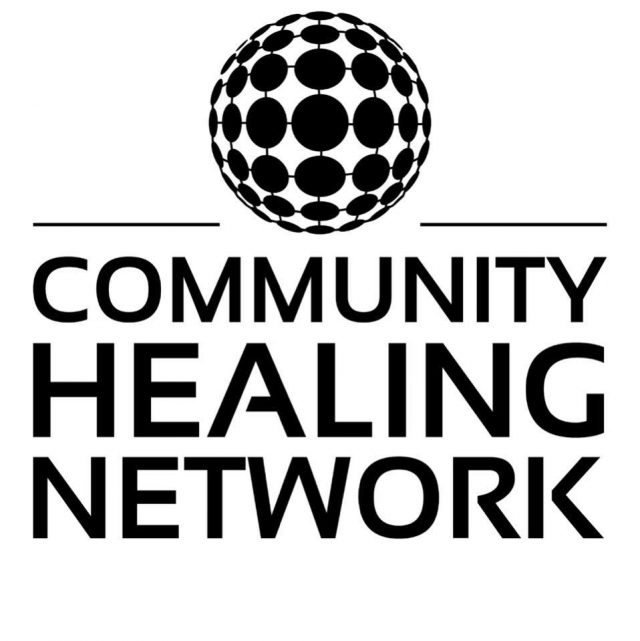[ad_1]
By The Community Healing Network
On Oct. 1, the high-profile trial of former Dallas police officer Amber Guyger, a White woman who shot and killed Botham Jean, an unarmed Black man who was simply eating a bowl of ice cream in his own apartment, ended in a conviction.
Guyger could have been sentenced to up to 99 years in prison. Instead, on Oct. 3, she was sentenced to 10 years in prison, with the possibility of being paroled after serving only five years. After Guyger’s sentencing, in an unprecedented act, Brandt Jean, the victim’s brother, publicly forgave Guyger and embraced her in the courtroom. That act of forgiveness created a stir in the media and in the Black community.

In a statement, Enola Aird, founder and president of Community Healing Network (CHN), said about Guyger’s sentence and her treatment by the court and Jean’s brother:
“We grieve with the Jean family for all that they have been through from the wanton murder of their son in 2018 through this week’s conviction and sentencing of his killer. We stand in solidarity with them as they walk into the future without their beloved Botham.
This case has raised a wide range of emotional issues that point to the pressing need for genuine racial healing.
The shooting itself was a tragic example of the pervasive and implicit anti-Black bias that associates Black people with all things negative.
Even a young Black man sitting peacefully in his own apartment eating ice cream signals danger.
These biases are the source of continuing trauma for Black people because we know that doing anything while Black can be deadly.
Anti-Black racism has proven to be intractable because as a society we have not focused on its root cause: the poisonous idea that Black people are inferior. That lie, devised centuries ago to justify the enslavement and subjugation of African people, objectified, commodified, and dehumanized Black people. It is still very much with us. It is still negatively shaping other people’s perceptions of us and our perceptions of ourselves.
The lie is also at the root of the controversies that caused such a stir in the Black community over the last week as the jury deliberated and handed down the conviction and the sentence against Amber Guyger, the White police officer who killed Jean.
After the reading of the verdict and announcement of the punishment, both the Black judge in the case and Botham Jean’s younger brother were moved to hug Guyger, and a Black woman court officer was seen stroking her hair.
Some people in our community were moved by these displays of forgiveness. Others hit the roof –talking about how painful it was to see Black people giving what some called ‘cheap grace.’ There was talk about internalized racism, Black self-loathing, and the degree to which so many Black people feel compelled to make White people feel comfortable.
Commentator Keith Boykin said it illustrated the fact that the lives of White women are more valuable than the lives of Black men. This is true. All of this consternation underscores the urgent need to confront and extinguish the lie of White superiority and Black inferiority, the root cause of the devaluing of Black lives, once and for all. Only then can there be any hope of intra-racial or inter-racial healing.”
Established in 2006, Community Healing Network (CHN) is a not-for-profit organization based in New Haven, Conn. Since CHN was launched, its primary mission has been to actively address the psychological damage that people of African ancestry have suffered because of the centuries-old “lie” that Black people are inferior. CHN, in collaboration with the Association of Black Psychologists, is leading a global movement to train thousands of Emotional Emancipation (EE) Circle support group leaders across the Diaspora to heal the wounds of racism and create a new culture of emotional healing, wellness and empowerment in Black communities. For more information, go to https://www.communityhealingnet.org.
Disclaimer: The views and opinions expressed in this article do not necessarily reflect the official policy or position of The Afro-American Newspapers.
[ad_2]
Source link

